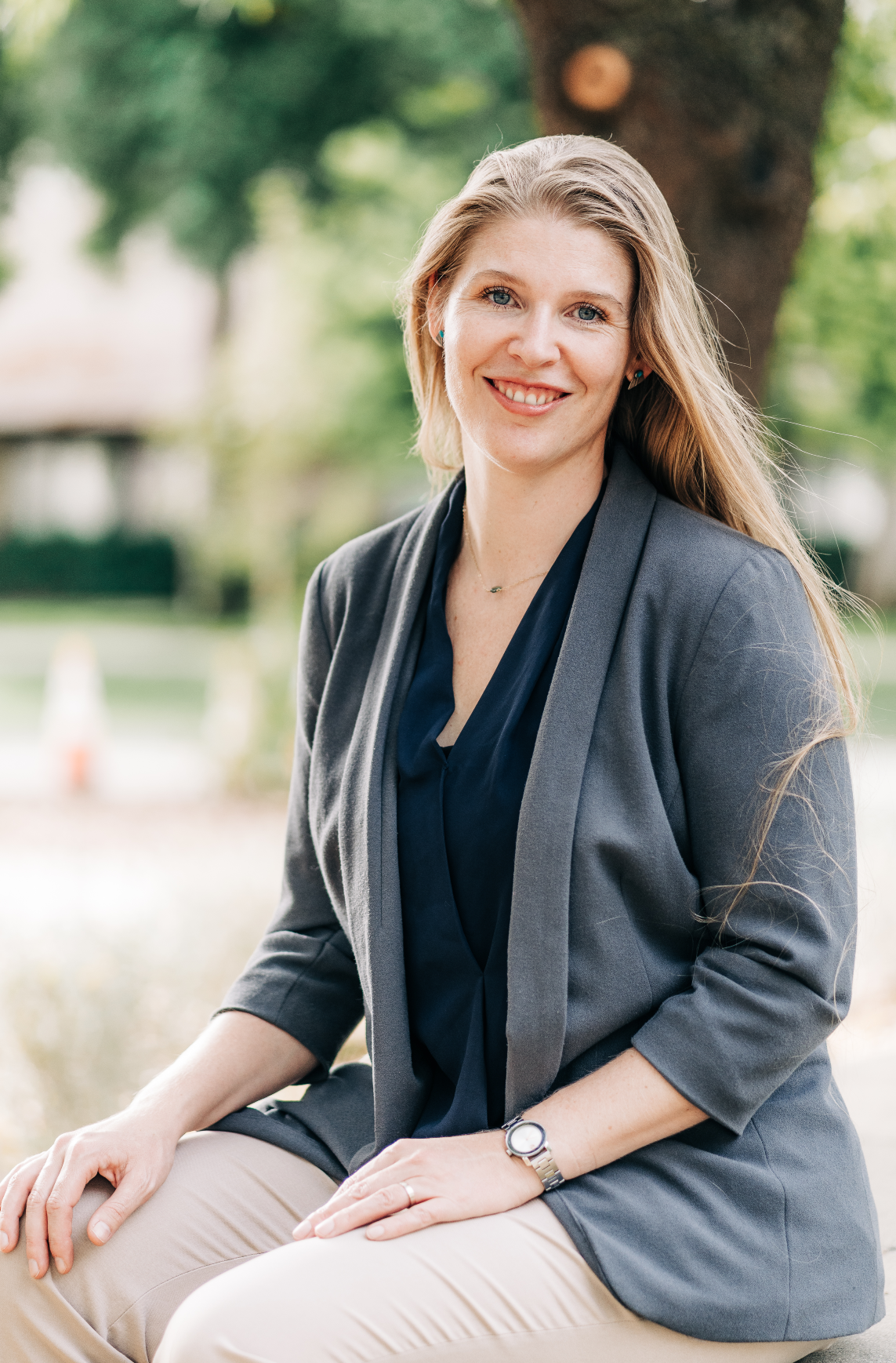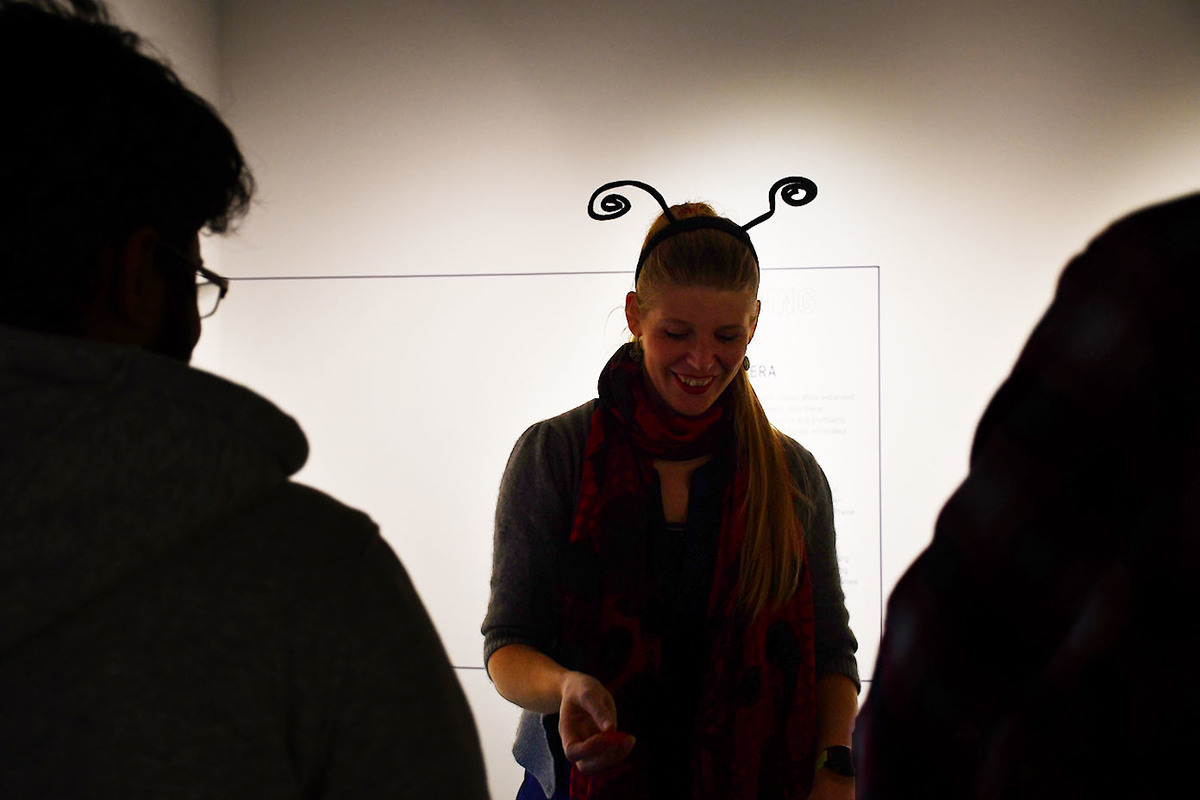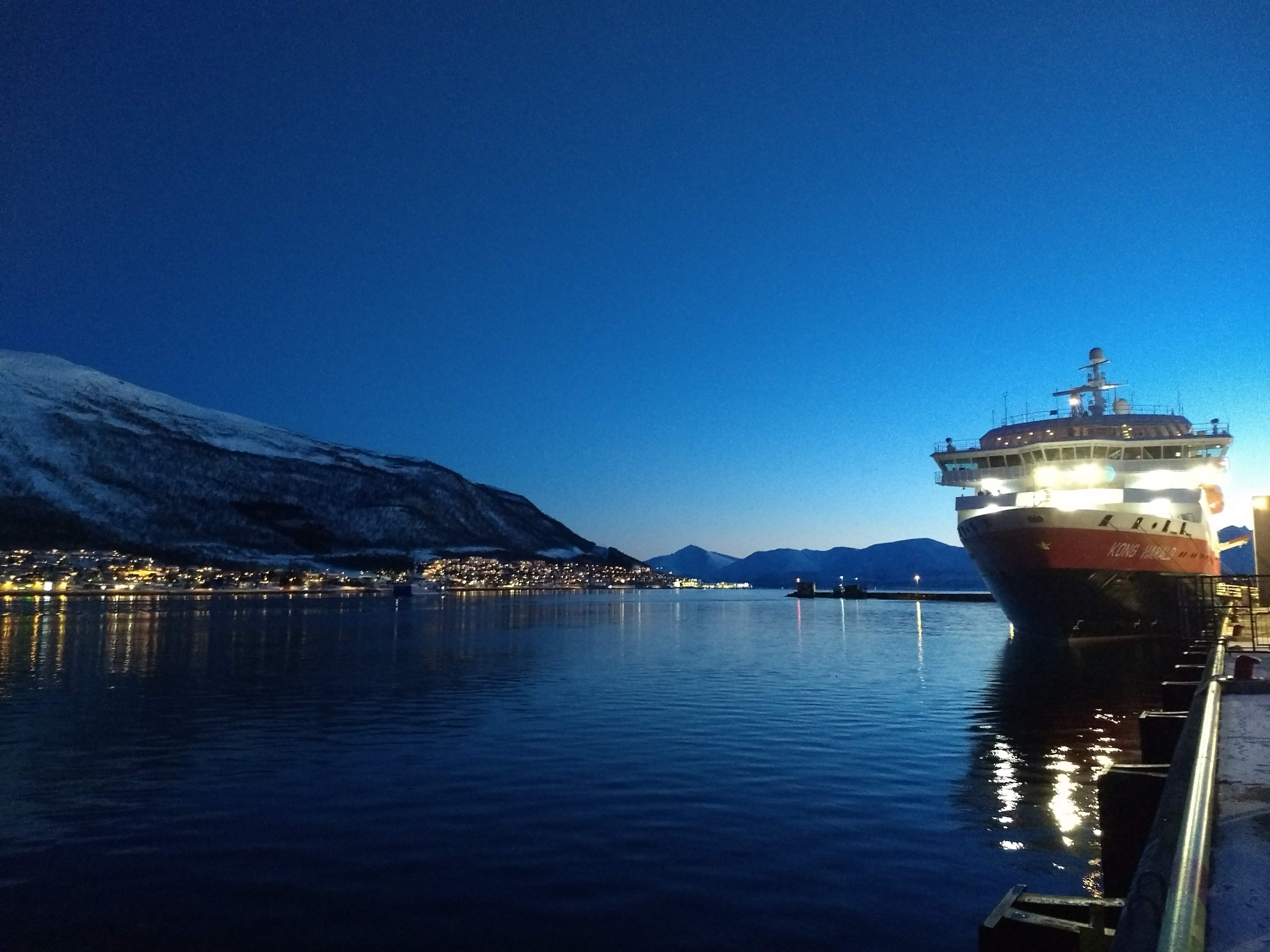

About Maike Sonnewald
I am interested in how we bring theoretical constructs and inferences together with observations to meet the needs of modern society. My main affiliation is UC Davis, where I am an Assistant Professor and lead the Computational Climate and Ocean Group. I am also an Affiliate Assistant Professor at the University of Washington, a visiting researcher at Princeton University and a research associate at the NOAA Geophysical Fluid Dynamics Laboratory.
Combining domain knowledge with advanced techniques from data science, I aim to create new insight and accelerate exploration. I primarily work within the ocean and climate realm, but have a formal background in computer science/data science, as my thesis was joint between the National Oceanography Centre (UK), and the Institute for Complex Systems Simulation (University of Southamapton), funded by the EPSRC. I joined MIT as a Postdoctoral Associate working with Carl Wunsch, Patrick Heimbach and Steph Dutkiewitz. I have held visiting positions at Harvard University, and the University of Texas (UT) at Austin.
The impact of my work spans academia, national and international policy. It is featured in the NOAA AI strategy 2021-2025, and used in the science basis for New Zealand's Marine Protected Area legislation. I am cited by the European Parliament and the World Meteorological Organization. My over 60 invited talks include to the United Nations ITU, NOAA Research and the DOE, as well colloquia and major conferences. I am Associate Editor for the 'Artificial Intelligence for the Earth Systems' (AIES) journal by the American Meteorological Society, have authored numerous review articles and I publish in high impact journals (Science/Nature). I am committed to raising awareness around climate change, and have contributed to the Carbon brief, held sessions at summer camps and open days at museums.
Joining my Computational Climate and Ocean Group
I lead the Computational Climate and Ocean Group at UC Davis. Head to our group page to learn more.

